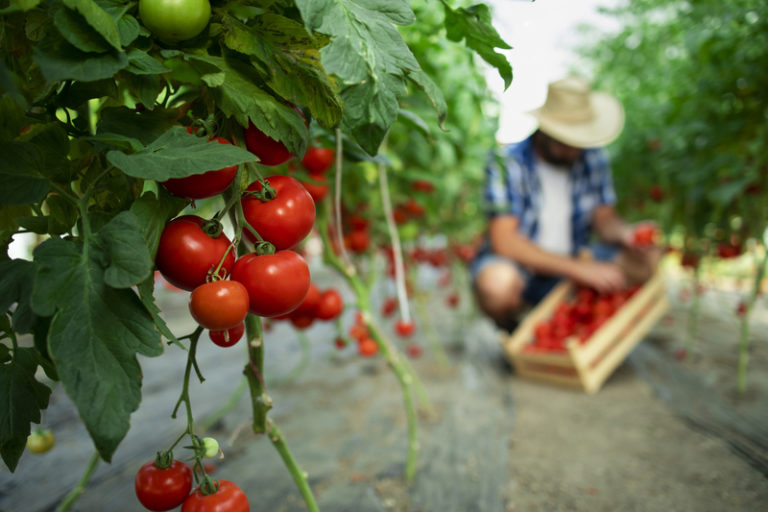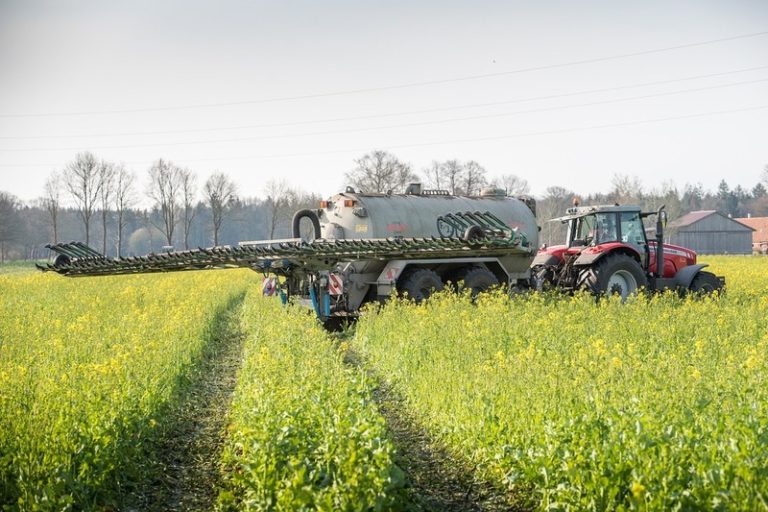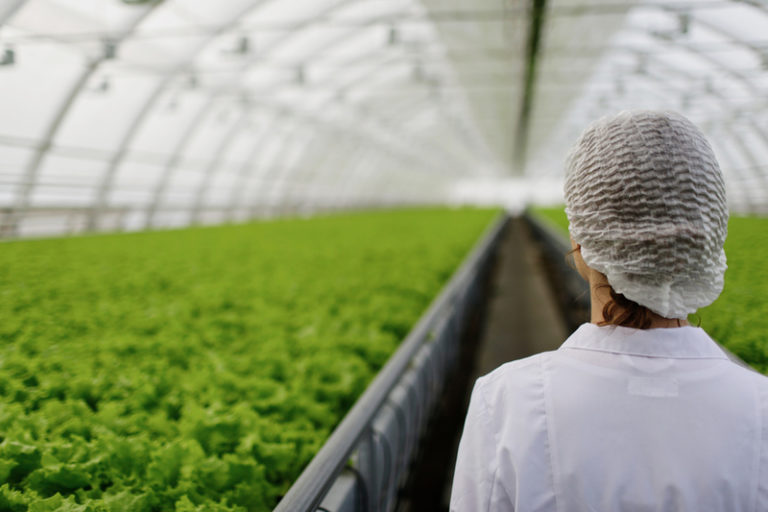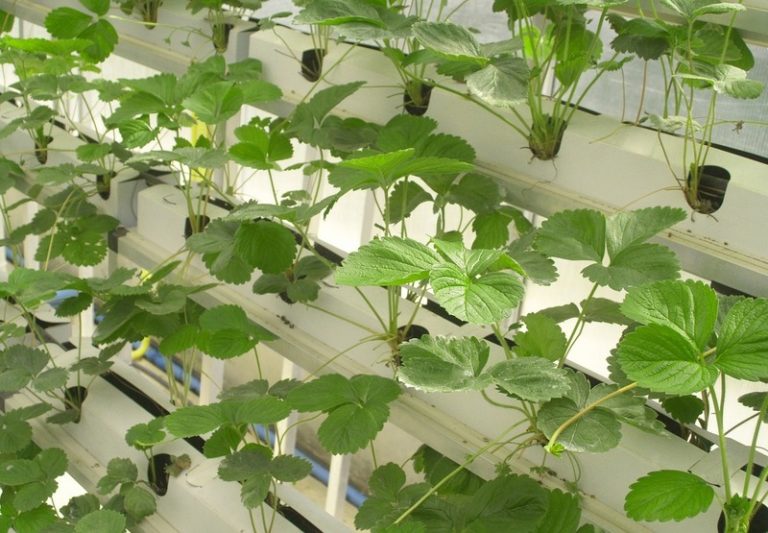Contract Farming: Balancing the Needs of Farmers, Buyers, and Consumers
Agriculture is a vital sector of any country’s economy, and contract farming has emerged as a crucial element in modern agricultural practices. It is an agreement between farmers and buyers, where the farmer agrees to produce a specific crop or livestock according to the buyer’s requirements. In this article, we will discuss the importance, advantages, disadvantages, types, processes, models, and challenges of contract farming.
I. Introduction
A. Explanation of contract farming
Contract farming is an agreement between farmers and buyers where the farmers agree to produce a specific crop or livestock according to the buyer’s requirements. The buyer provides the necessary inputs, such as seeds, fertilizers, and technical support, and the farmers agree to sell their produce to the buyer at a pre-agreed price.
B. Importance of contract farming in agriculture
Contract farming plays a significant role in modern agricultural practices. It helps farmers access new markets, provides them with technical support, and guarantees prices for their produce. It also enables buyers to secure a reliable supply of quality produce and reduces transaction costs.
C. A brief history of contract farming
Contract farming has been in practice for centuries. The East India Company, for instance, introduced contract farming in India in the 18th century. However, it gained momentum in the 1960s and 1970s in the United States and later spread to other parts of the world.
II. Advantages of Contract Farming
A. Risk sharing
Contract farming shares the risks between the farmer and the buyer. The buyer assumes the risk of the market, while the farmer assumes the risk of production.
B. Access to capital and inputs
Contract farming provides farmers with access to capital and inputs, such as seeds, fertilizers, and technical support. The buyer provides these inputs, which the farmer may not have been able to afford otherwise.
C. Guaranteed markets and prices
Contract farming provides farmers with guaranteed markets and prices for their produce. The buyer agrees to buy the produce at a pre-agreed price, which eliminates price volatility.
D. Technology transfer
Contract farming provides farmers with access to new technologies and best practices. The buyer provides technical support to the farmer, which helps to improve productivity and quality.
E. Increased productivity and quality
Contract farming leads to increased productivity and quality. The buyer provides technical support, which helps farmers adopt new technologies and best practices that lead to higher yields and better-quality produce.
III. Disadvantages of Contract Farming
A. Lack of bargaining power
Contract farming may result in a power imbalance between the farmer and the buyer. The buyer may have more bargaining power, which could result in the farmer receiving a lower price for their produce.
B. Dependence on the contractor
Contract farming may lead to dependence on the contractor. The farmer may become reliant on the buyer for inputs, technical support, and marketing, which could result in the loss of their independence.
C. Limited flexibility
Contract farming may limit the farmer’s flexibility to choose what crops to grow and when to sell their produce. The farmer may be required to grow specific crops and sell them to the buyer at a pre-arranged time.
D. Potential for exploitation
Contract farming may result in the exploitation of farmers by buyers. The buyer may take advantage of the farmer’s lack of knowledge or market power and offer them lower prices for their produce.
IV. Types of Contract Farming
A. Input Supply Contract
An input supply contract is an agreement between the farmer and the buyer where the buyer provides the necessary inputs, such as seeds, fertilizers, and technical support, and the farmer agrees to sell their produce to the buyer at a pre-agreed price.
B. Production Contract
A production contract is an agreement between the farmer and the buyer where the buyer provides the necessary inputs, and the farmer agrees to produce a specific crop or livestock according to the buyer’s requirements.
C. Marketing Contract
A marketing contract is an agreement between the farmer and the buyer where the buyer agrees to buy the farmer’s produce at a predetermined price and market it.
D. Comprehensive Contract
A comprehensive contract is an agreement that includes contracts for the supply of inputs, the production of goods, and the sale of those goods.
V. Contract Farming Process
A. Negotiation and agreement
The negotiation and agreement stage involves the farmer and the buyer negotiating the terms of the contract and agreeing to them. The terms may include the type of contract, the price of the produce, and the quantity and quality of the produce.
B. Farm production and management
In the farm production and management stage, the farmer grows crops or raises animals based on what the buyer wants. The buyer may give the farmer inputs, technical support, and tips on how to get the best results.
C. Harvesting and post-harvest handling
The harvesting and post-harvest handling stages involve the farmer harvesting the crop or livestock and preparing it for sale. The buyer may provide assistance in post-harvest handling, such as grading, packing, and transportation.
D. Payment and settlement
During the payment and settlement stages, the buyer pays the farmer for the goods that were delivered according to the contract.
VI. Contract Farming Models
A. Corporate model
The corporate model involves a large corporation, such as a food processing company, contracting with farmers to produce specific crops or livestock.
B. Cooperative model
In the cooperative model, a group of farmers come together to form a cooperative and make a deal with a buyer to grow and sell their crops.
C. Outgrower model
The outgrower model involves a buyer contracting with small-scale farmers to produce specific crops or livestock on a small scale.
VII. Contract Farming in Developing Countries
A. Case studies of successful contract farming
In developing countries, there are successful contract farming models, like the Amul milk cooperative in India and the Jasmine rice production in Thailand.
B. Challenges faced in developing countries
Developing countries face challenges such as inadequate infrastructure, a lack of access to credit, and a lack of knowledge and technical skills.
C. Recommendations for improving contract farming in developing countries
To improve contract farming in developing countries, stakeholders need to address challenges such as infrastructure development, access to credit, farmer training, and capacity building.
Conclusion
A recap of the benefits and challenges of contract farming
Contract farming provides farmers with access to new markets, capital, and technology, and guarantees prices for their produce. However, it may result in a power imbalance, dependence, and limited flexibility.
Future prospects of contract farming
Contract farming has a bright future ahead of it because it could help farmers increase their output, get into new markets, and improve their way of life.
Final thoughts and recommendations
To make sure that contract farming is good for both farmers and buyers, those involved need to deal with problems and spread the best ways to do things. Contract farming can be an effective tool for promoting sustainable agriculture and rural development.
FAQ:
Q: What is contract farming?
Ans: Contract farming is an agreement between farmers and buyers where the farmers agree to produce a specific crop or livestock according to the buyer’s requirements. The buyer provides the necessary inputs, such as seeds, fertilizers, and technical support, and the farmers agree to sell their produce to the buyer at a pre-agreed price.
Q: What are the advantages of contract farming?
Ans: Some of the benefits of contract farming are that risks are shared, farmers have access to capital and inputs, prices and markets are guaranteed, farmers can learn new techniques, and productivity and quality go up.
Q: What are the disadvantages of contract farming?
Ans: The disadvantages of contract farming include lack of bargaining power, dependence on the contractor, limited flexibility, and the potential for exploitation.
Q: What are the types of contract farming?
Ans: There are different types of contract farming, such as contracts for the supply of inputs, contracts for production, contracts for marketing, and comprehensive contracts.
Also Read:
10 Principles of Sustainable Agriculture: A Holistic Approach to Responsible Food Production







